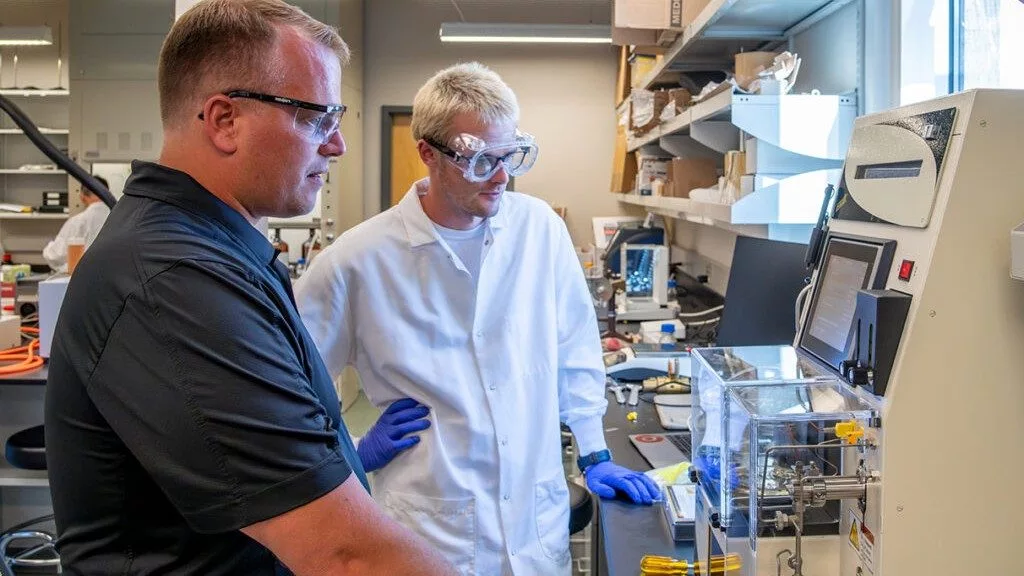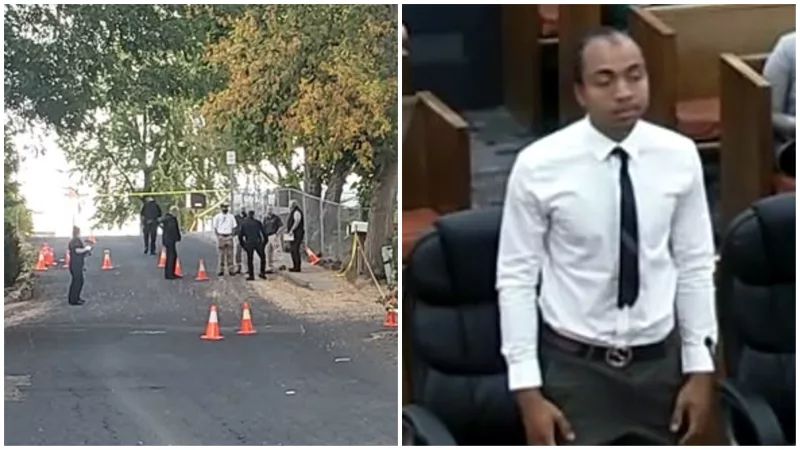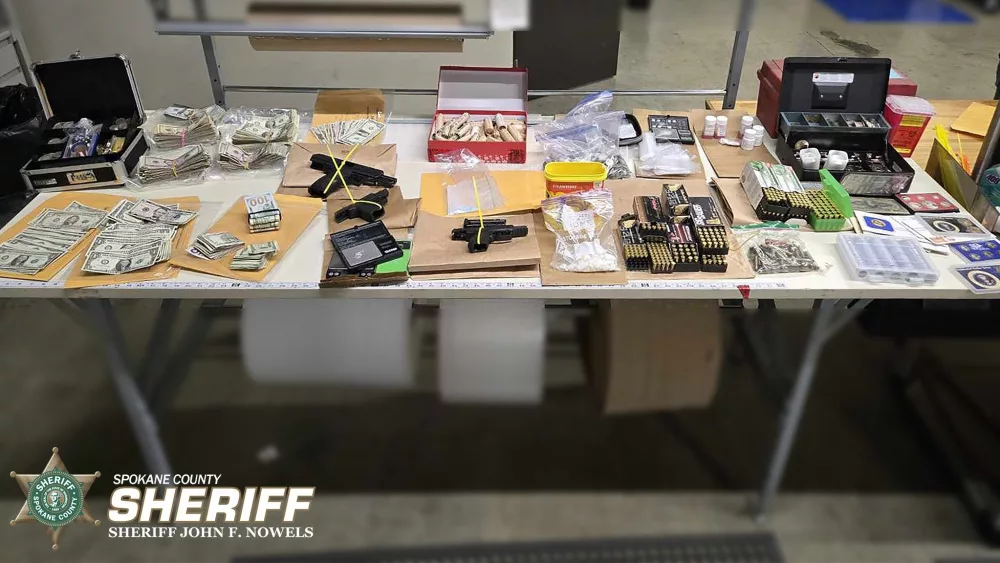Washington State University’s sustainable aviation fuels research is getting noticed.
A recent study published in the journal Heliyon found that WSU is globally the top contributing organization to scientific literature on the field of sustainable aviation fuel (SAF), based on an analysis of articles, papers, editorials, and news items published from 2001 to 2023. Researchers from WSU’s College of Agriculture, Human and Natural Resource Sciences and the Voiland College of Engineering and Architecture rank among the most cited authors with the highest link strength in the field.
Joshua Heyne, director of the Bioproducts, Sciences, and Engineering Laboratory (BSEL) at WSU Tri-Cities and co-director of the WSU-PNNL Bioproducts Institute, was found to be the most cited author on SAF. Michael Wolcott, Ph.D., Regents Professor and director of ASCENT, the FAA’s Center of Excellence for Alternative Jet Fuels and Environment, was noted as the second most cited author, followed by Manuel Garcia-Perez, Ph.D., department chair for biological systems engineering, and Kristin Brandt, staff engineer for the Composite Materials & Engineering Center.
Heyne is not only the most cited and most published researcher in the field, but he is also recognized as the most productive author in SAF research from 2001 to 2023. Additionally, he has the highest connection strength, illustrating the breadth of his collaborations, which contribute to WSU’s designation as the most collaborative institution in sustainable aviation research.
“After reading the abstract for the first time, I was a bit surprised,” Heyne said. “I get up every morning motivated to add value to the field with colleagues, but being highlighted as the most published and cited author was a surprise.”
The study, conducted by four faculty members from two universities in Turkey, used bibliometric analysis to examine literature on sustainable aviation published between 2001 and 2023. Bibliometric analysis is an advanced method of studying academic publications to understand emerging trends in specific knowledge domains. The researchers analyzed 726 published studies identified from the Web of Science database.
While the study examined literature on sustainable aviation, Heyne’s primary focus is sustainable aviation fuel, a critical component of the aviation industry’s decarbonization strategy. On average, SAF can reduce CO2 emissions by 80% compared to traditional jet fuel. Today’s SAF is a blend of conventional fossil fuel and synthetic components derived from various renewable feedstocks, such as used cooking oils, fats, plant oils, and municipal, agricultural, and forestry waste.
Current Research and Collaboration within WSU
WSU researchers are working to advance SAF adoption through sample testing for producers and examining supply chains, technological feasibility, regulations, and infrastructure costs. Heyne, Wolcott, Brandt, and Garcia-Perez’s work overlaps in some of these areas.
At WSU Tri-Cities, Heyne leads SAF testing and analysis at BSEL, a 57,000-square-foot research and teaching laboratory operated in partnership with the Pacific Northwest National Laboratory (PNNL). BSEL researchers have tested approximately 400 samples of sustainable aviation fuel candidate materials from 40 institutions across North America and Europe.
Heyne’s most recent review paper, published in Nature Materials last November, was a collaboration with the National Renewable Energy Laboratory and the Massachusetts Institute of Technology. Their review concluded that lignin has strong potential as a sustainable alternative to fossil-based aviation fuels and advancing lignin valorization could significantly support net-zero goals by enabling large-scale SAF production from this abundant, renewable resource.
Among other things, Wolcott is working on a project that determines the potential for private corporate investment to account for indirect, or Scope 3 carbon emissions in commercial aviation.
Garcia-Perez has two SAF related projects in the works. One is an analysis of how hydrogen production cost and carbon intensity impact SAF production. This research led to the development of a holistic methodology to guide* the evolution of SAF production technologies depending on the availability of cheap and clean hydrogen.
Garcia-Perez’s other project looks at SAF production in Latin America. He and his team are working with stakeholders from Colombia, Dominican Republic, Costa Rica and Ecuador to identify business opportunities to produce SAF in these countries. Garcia-Perez’s team includes five students who were recruited from these countries to do their doctoral studies on developing modeling tools at WSU. Graduate student Marcela Valderrama and Research Associate Lina Martinez conducted a literature review of the SAF assets available in Colombia which led to the creation of the Colombian SAF road map. Similar interactions are happening with the other countries in the program.
Brandt is currently working on a project through ASCENT that is looking at a U.S. and Canada cross-border SAF supply chain to cooperatively find a solution to provide fuel and optimize production that is mutually beneficial for both countries.
Brandt and Wolcott have worked together over the last several years focusing on assessing sustainable aviation fuel supply chains, policy evaluation and fuel production economics. She is currently writing a paper with Wolcott that assesses the potential to meet domestic SAF production goals by 2030.





